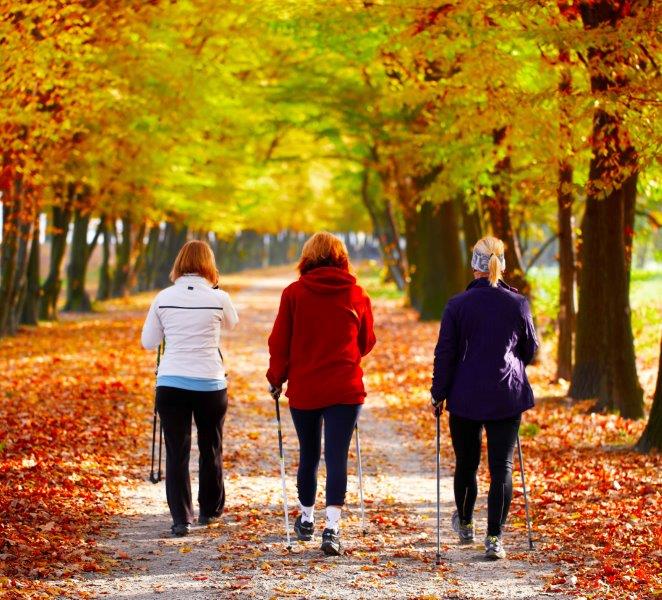Ten years since the publication of The Marmot Review, for the first time in more than 100 years life expectancy has failed to increase across the country, and for the poorest 10% of women it has actually declined. Over the last decade health inequalities have widened overall, and the amount of time people spend in poor health has increased since 2010.
#Marmot2020 confirms an increase in the north/south health gap, where the largest decreases were seen in the most deprived 10% of neighbourhoods in the North East, and the largest increases in the least deprived 10% of neighbourhoods in London.
Key points for the North West are:
- Life expectancy for women in the most deprived 10 percent of neighbourhoods decreased in every region except London, the West Midlands and the North West.
- By contrast, the North East, which previously shared with the North West the lowest levels of life expectancy until 2011–12, had a slower rate of improvement than the North West after 2012 to become the region with the lowest life expectancy in 2016–18 – at 77.9 and 81.7 years for males and females, respectively. For both men and women this is 2.8 years below the life expectancy in London.
- There are also clear regional differences in school readiness, which are not solely related to levels of deprivation. In 2017/18 the proportion of all children achieving a good level of development at the end of Reception was better in the South East, London and the East of England. The East and West Midlands, Yorkshire and the Humber and the North West regions performed worse than the national average (2). London performed best for children eligible for free school meals, followed by the West Midlands.
- Regionally, the North East, North West and East Midlands have the lowest levels of attainment at age 16 and London has the highest.
- In 2018, the North East, East Midlands, Yorkshire and the Humber and the North West had the highest rates of households with financial debt, while levels of debt in London declined throughout the period described.
- Between 2009/10 and 2019/20 the most deprived tenth of councils had their fiscal revenues per person decline by just under 30 percent, or £453 per person. In comparison, the least deprived tenth of councils saw their fiscal revenues decline by 16 percent, £166 per person (290). Cuts have also been more substantial in different regions: in the North East spending per person fell by 30 percent, compared with cuts of 15 percent in the South West (290). Neighbourhoods in the North of England, including the North West and Teesside (within the North East), and in the West and East Midlands, make up the majority of the most deprived neighbourhoods that are dealing with the largest cuts. At the neighbourhood level these cuts are substantial. For example, in Sheffield the ward with the deepest cuts, Firth Park, is estimated to have lost five times as much per working age adult as the least affected ward, Broomhill (291); Firth Park has the highest levels of child poverty in Sheffield (291) (292).
- Despite the reductions in budgets, the number of charities is increasing, however, the location of charities does not necessarily correspond to areas with highest need (297). In 2016/17 the largest density of charities was registered in the South West and the lowest in the North East, North West and London. Eight of the 10 most deprived neighbourhoods are in Blackpool, yet the town had the smallest number of charities operating relative to local population size (298)
- The North West and North East of England have the highest number of adults who are physically inactive, almost half; 47 percent of adults in the North West are physically inactive compared with 35 percent in the South West and 34 percent in the South East


